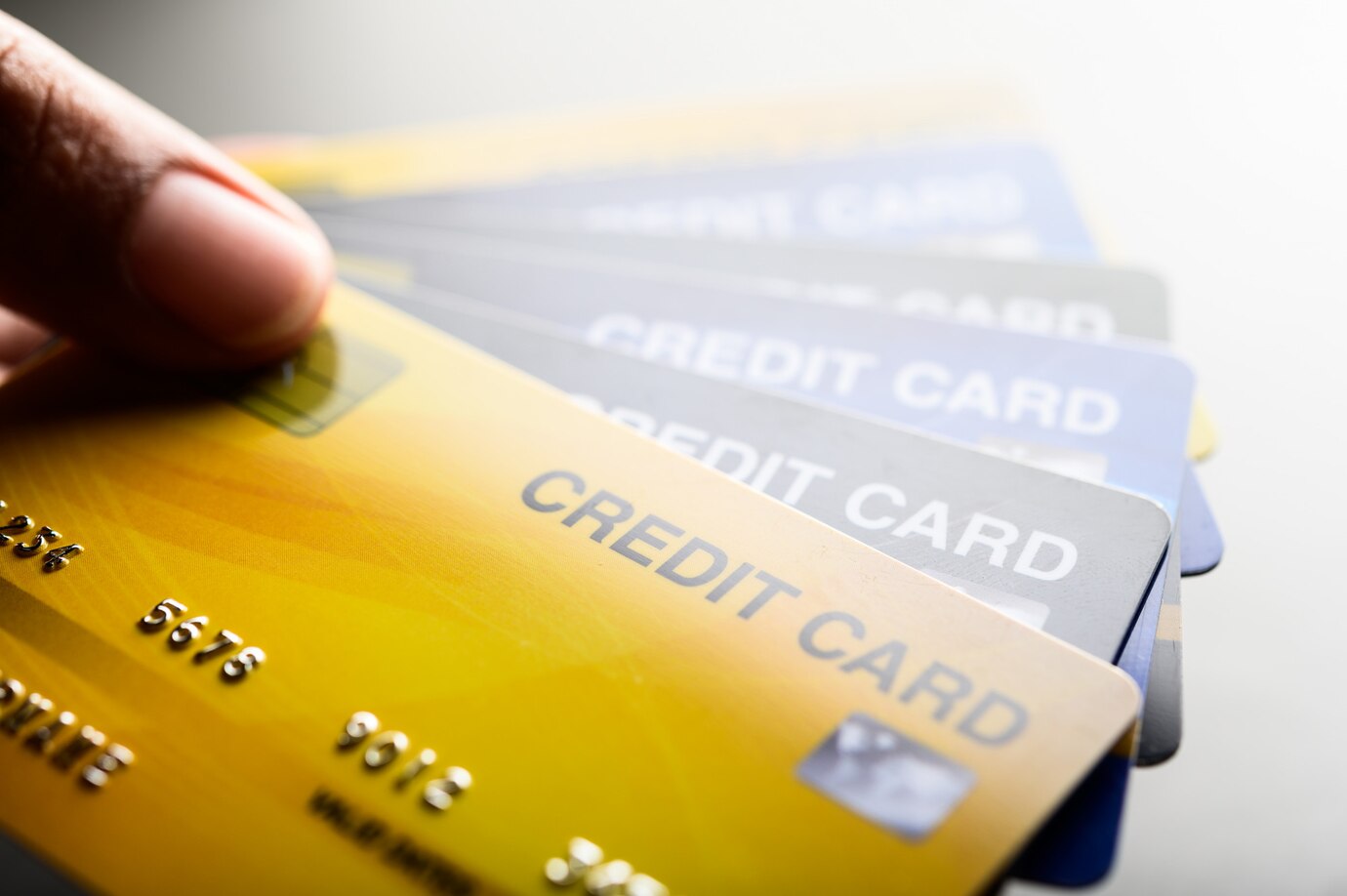Credit cards: a double-edged sword in the Philippines. While they offer convenience and rewards, they can also lead to debt traps. This article takes a balanced look at the pros and cons of credit cards in the Philippine context, empowering you to make informed financial choices. Learn about the benefits of responsible credit card use, such as building credit history and enjoying rewards programs. But also be aware of the potential downsides, like high interest rates and hidden fees. Ultimately, this guide equips you with the knowledge to make credit cards work for you, not the other way around.
Background Information
The credit card industry in the Philippines has experienced significant growth in recent years, mirroring global trends in the financial sector. As of [current year], credit cards have become ubiquitous in urban centers and are increasingly being adopted in rural areas. This widespread use can be attributed to the convenience, flexibility, and numerous benefits offered by credit cards.
Historically, credit cards were introduced as a convenient alternative to cash, allowing consumers to make purchases without carrying large amounts of physical currency. Over time, their usage has evolved beyond domestic transactions, with credit cards becoming essential for online purchases, travel bookings, and international transactions.
The major credit card issuers in the Philippines include both local and international banks, each offering a variety of card options tailored to different consumer needs. These cards come with diverse features, including rewards programs, travel benefits, and cashback incentives, making them attractive to a broad spectrum of consumers.
Despite the positive aspects, the increased popularity of credit cards has also raised concerns about financial literacy and responsible usage. The potential for individuals to accumulate debt, coupled with high-interest rates, emphasizes the importance of understanding the nuances of credit card usage.
As the Philippines continues to integrate into the global economy and embrace digital financial services, it becomes imperative for consumers to be well-informed about the pros and cons of credit cards. This paper aims to explore these aspects comprehensively, providing readers with valuable insights to make informed financial decisions in the context of credit card usage in the Philippines.
Pros and Cons of Credit Cards
Pros of Credit Cards
Credit cards offer numerous advantages that contribute to their widespread use and popularity in the Philippines. Here is a concise enumeration of the key benefits:
- Convenience and Flexibility: Credit cards provide users with the convenience of making purchases without the need for immediate cash. This flexibility is especially useful for emergency situations or when making large transactions.
- Rewards and Perks: Many credit cards offer rewards programs, cashback incentives, and other perks that can be attractive to consumers. These rewards can include discounts on purchases, travel benefits, or points that can be redeemed for various goods and services.
- Building Credit History: Credit cards play a crucial role in establishing and building a positive credit history. Timely payments and responsible credit usage contribute to a higher credit score, which is essential for obtaining loans or mortgages in the future.
Cons of Credit Cards
Despite their advantages, credit cards come with certain drawbacks that individuals need to be mindful of. Here is a succinct enumeration of the key disadvantages:
- High-Interest Rates: One of the significant drawbacks of credit cards is the potential for high-interest rates on outstanding balances. Failure to pay the full amount by the due date can lead to accumulating interest, resulting in substantial debt over time.
- Overuse and Indebtedness: The convenience of credit cards can lead to overspending and accumulating debt. The ease with which users can access credit may tempt individuals to make impulsive purchases beyond their means, resulting in financial hardship.
- Fees and Charges: Credit cards often come with various fees, including annual fees, late payment fees, and cash advance fees. Users should be aware of these charges and factor them into their financial planning. Failure to understand and manage these fees can contribute to unnecessary financial burdens.
This enumeration sheds light on the potential pitfalls associated with credit card usage in the Philippines, emphasizing the importance of responsible financial management to mitigate these risks.
| Pros of Credit Cards | Cons of Credit Cards | Considerations for Responsible Usage |
| 1. Convenience and Flexibility | 1. High-Interest Rates | 1. Budgeting and Financial Planning |
| 2. Rewards and Perks | 2. Overuse and Indebtedness | 2. Timely Payments |
| 3. Building Credit History | 3. Fees and Charges |
This enhanced table includes a column outlining considerations for responsible credit card usage. These considerations aim to provide users with practical guidance on mitigating the drawbacks and maximizing the benefits associated with credit cards in the Philippines.
Responsible Credit Card Usage
Responsible credit card usage is essential for individuals seeking to harness the benefits of credit cards while avoiding potential pitfalls. This involves adopting prudent financial habits and understanding the nuances of managing credit responsibly.
Budgeting and Financial Planning
Creating a detailed budget is a fundamental step in responsible credit card usage. Users should assess their monthly income, fixed expenses, and discretionary spending. By allocating specific amounts to various categories, individuals can establish spending limits and avoid accumulating excessive debt. Regularly reviewing and adjusting the budget in response to changing financial circumstances is crucial for long-term financial stability.
Timely payments are a cornerstone of responsible credit card management. Users should strive to pay the full balance by the due date to avoid accruing high-interest rates and late payment fees. Setting up automatic payments or establishing reminders can help ensure that payments are made promptly. Consistent on-time payments not only prevent financial penalties but also contribute positively to one’s credit history, enhancing creditworthiness.
Understanding Credit Limits and Fees
Responsible credit card usage involves a clear understanding of credit limits and associated fees. Users should be aware of their credit limits to avoid exceeding them, as doing so may result in over-limit fees and potential damage to their credit score. Moreover, a comprehensive understanding of fees, including annual fees, late payment fees, and cash advance fees, enables users to factor these costs into their financial planning, preventing unnecessary financial strain.
In essence, responsible credit card usage requires a proactive and informed approach to financial management, encompassing budgeting, timely payments, and a clear understanding of credit terms and fees. Adopting these practices empowers individuals to make the most of credit cards while minimizing the associated risks.
Regulations and Consumer Protections
Navigating the landscape of credit cards in the Philippines involves an understanding of regulatory frameworks and consumer protections designed to safeguard the interests of cardholders. These measures play a crucial role in promoting fair practices within the credit card industry.
The Bangko Sentral ng Pilipinas (BSP), as the central bank of the Philippines, plays a pivotal role in regulating financial institutions, including credit card issuers. The BSP establishes guidelines and standards to ensure the stability and integrity of the financial system. Consumers should familiarize themselves with these regulations, which cover aspects such as interest rates, billing practices, and disclosures. Adherence to BSP regulations not only protects consumers but also fosters a transparent and accountable financial environment.
Consumer Protection Laws
The Philippines has enacted consumer protection laws to provide a legal framework that safeguards the rights and interests of credit card users. The Consumer Act of the Philippines, for instance, outlines provisions related to fair trade practices, product quality, and protection against deceptive or unconscionable sales acts. Understanding these laws empowers consumers to address issues such as unauthorized charges, billing disputes, or deceptive practices. It is essential for credit card users to be aware of their rights and avenues for redressal in case of disputes.
In addition to overarching regulations, credit card users benefit from established dispute resolution mechanisms. Credit card issuers typically have procedures in place to address consumer complaints and disputes. Consumers should acquaint themselves with these mechanisms, which may include customer service channels, ombudsman services, or dispute resolution platforms. Promptly reporting and addressing issues can lead to a timely resolution and the protection of the cardholder’s rights.

